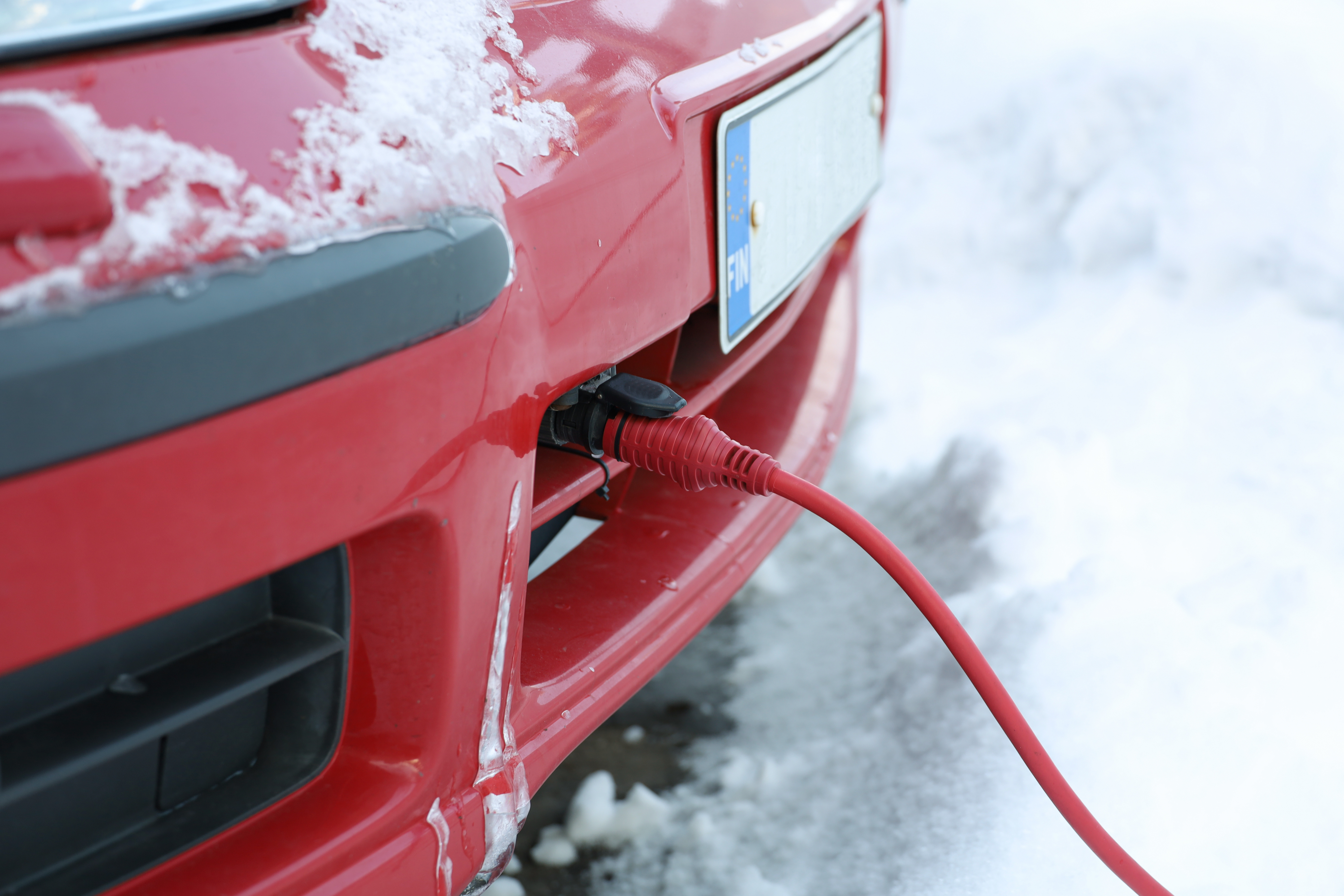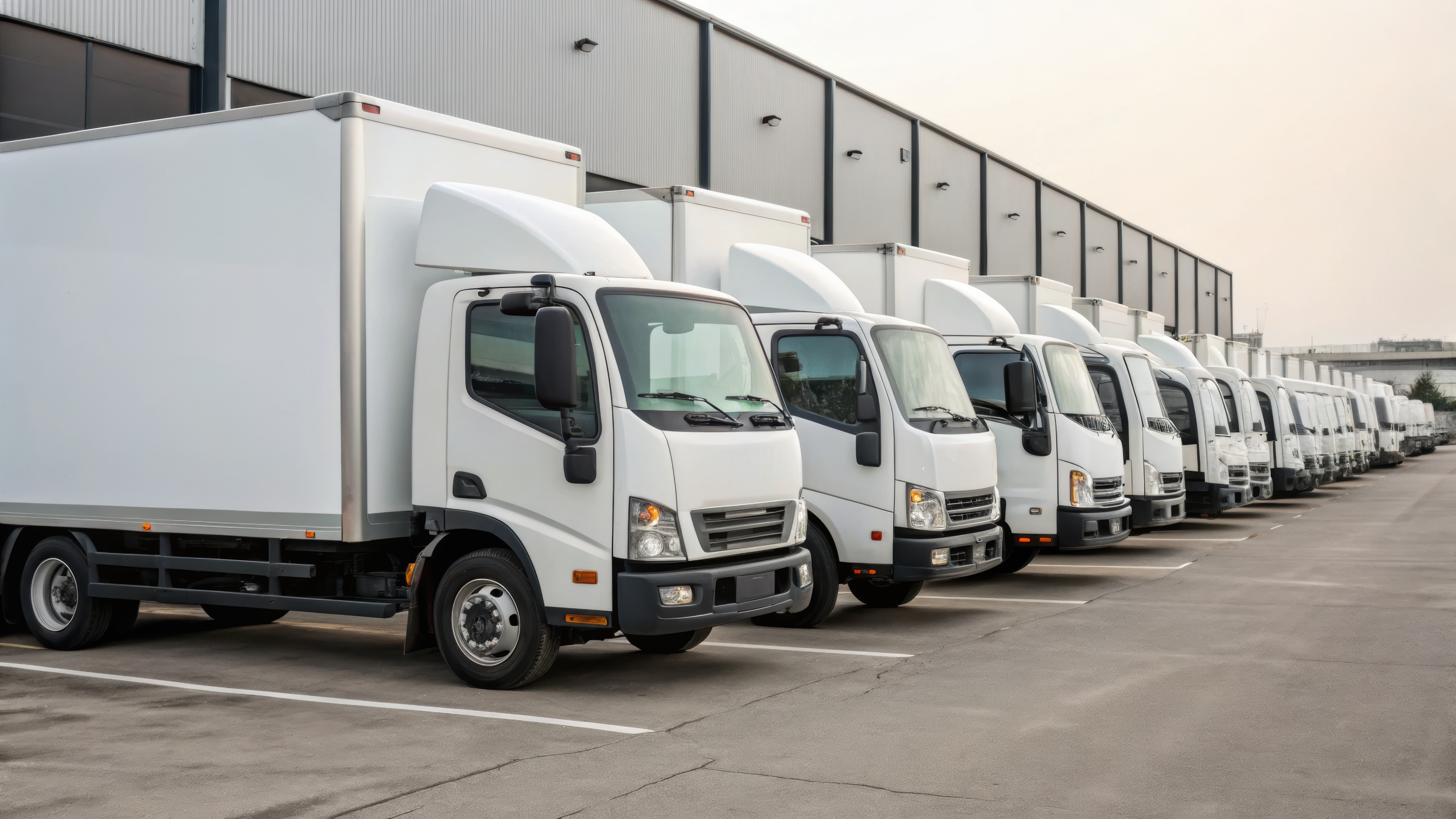Hybrid vehicles have become increasingly popular in Boise and across Idaho for their excellent fuel economy, reliability, and environmental benefits. But as many long-time hybrid owners discover, the most expensive and critical component of these vehicles—the hybrid battery—won’t last forever. Over time, its ability to hold a charge declines, leading to reduced fuel efficiency, sluggish performance, and warning lights on the dashboard.
When this happens, you’ll face a decision: Should you recondition the hybrid battery or replace it entirely?
At Naylor’s Auto Repair, we’ve helped hundreds of Treasure Valley drivers extend the life of their hybrids through expert diagnosis, honest recommendations, and quality repairs. Whether you drive a Toyota Prius, a Ford Escape Hybrid, or a Honda Insight, understanding your options will help you save money and maintain performance.
Understanding How a Hybrid Battery Works
Hybrid vehicles rely on a combination of a gasoline engine and an electric motor powered by a high-voltage battery pack. This battery stores energy from regenerative braking and provides power to the motor for acceleration, reducing the need for fuel.
Most hybrid batteries are made of nickel-metal hydride (NiMH) or lithium-ion (Li-ion) cells. These cells are grouped into modules, and multiple modules make up the complete pack. Over time, individual cells degrade at different rates, causing voltage imbalances that trigger reduced efficiency and system warnings.
When your hybrid battery begins to fail, your car’s control unit will detect the imbalance and typically display a warning such as “Check Hybrid System” or “Battery Needs Maintenance.”
Common Symptoms of a Failing Hybrid Battery
- Noticeable drop in fuel economy.
- Battery charge fluctuates rapidly on the dashboard display.
- The engine runs more frequently than before.
- Reduced power during acceleration.
- Warning lights related to the hybrid system or battery pack.
Boise drivers often see these issues appear after 8 to 10 years of ownership or between 100,000 and 150,000 miles, depending on driving habits and climate.
What Is Hybrid Battery Reconditioning?
Hybrid battery reconditioning (also called refurbishing or balancing) is a process that restores battery performance by equalizing the charge across all cells, cleaning corrosion, and replacing any weak or failed modules.
This method does not involve replacing the entire battery but focuses on restoring its usable capacity and extending its lifespan.
At Naylor’s Auto Repair, our hybrid reconditioning process includes:
- Battery health assessment using specialized diagnostic equipment.
- Deep discharge and recharge cycling to rebalance voltage levels.
- Module replacement for any defective or low-capacity cells.
- Terminal cleaning and corrosion removal.
- Final balancing test to ensure stable voltage output across the pack.
The process can restore up to 80–90% of the battery’s original capacity, depending on its condition, and often adds 2 to 5 years of additional life.
Advantages of Reconditioning
- Cost-effective: Typically costs $800–$1,200, compared to several thousand for a full replacement.
- Eco-friendly: Reduces waste by reusing existing modules.
- Quick turnaround: Often completed within one or two business days.
- Restored performance: Improves mileage and smooths out power delivery.
Limitations
- Reconditioning doesn’t make the battery “new.” Its lifespan depends on the remaining health of the original cells.
- It’s not suitable for batteries with extensive physical damage, corrosion, or overheating.
- If multiple modules are nearing failure, replacement may be the more reliable long-term solution.
When Hybrid Battery Replacement Makes Sense
A hybrid battery replacement involves installing a completely new or factory-refurbished pack, ensuring all cells are balanced and performing at peak capacity.
This option is best when:
- The battery pack has multiple failing modules.
- The pack shows signs of severe corrosion or heat damage.
- The vehicle has already undergone one or more reconditioning cycles with limited improvement.
- You plan to keep your hybrid for several more years or exceed 200,000 miles.
Replacement Costs
Replacement costs vary by make and model, but here’s what Boise drivers can expect on average:
- Toyota Prius (2004–2015): $2,000–$3,000 installed.
- Honda Civic Hybrid: $2,000–$2,800 installed.
- Ford Escape Hybrid: $2,500–$3,500 installed.
- Lexus or premium hybrid models: $3,000–$4,500 installed.
These costs can vary depending on whether you choose a new OEM battery, a remanufactured pack, or a used unit with warranty coverage.
Benefits of Full Replacement
- Maximum reliability: All cells are new or fully matched, ensuring even performance.
- Long-term savings: A new battery can last another 8 to 10 years with proper maintenance.
- Improved fuel economy: Restores factory-level efficiency and power delivery.
- Increased resale value: A hybrid with a new battery is more attractive to buyers.
At Naylor’s Auto Repair, we offer both OEM and reconditioned replacement batteries, along with warranty options that fit your driving needs and budget.
Hybrid Battery Lifespan in Boise’s Climate
Idaho’s unique climate—cold winters, hot summers, and dry conditions—affects hybrid battery performance.
In Boise, batteries tend to last between 8 and 10 years, though extreme heat can accelerate degradation. Parking in shaded areas or garages helps prevent heat buildup, and regular maintenance can extend the lifespan significantly.
Frequent stop-and-go city driving also benefits hybrids, as it allows regenerative braking to recharge the battery and reduce strain on individual modules.
Tips to Extend Hybrid Battery Life
- Avoid letting your hybrid sit unused for long periods.
- Keep your cooling fan clean—clogged fans can cause overheating.
- Don’t allow the state of charge to remain full or empty for extended times.
- Schedule annual hybrid system checkups at Naylor’s Auto Repair.
- Address any warning lights promptly to prevent further damage.
Environmental and Economic Impact
Reconditioning and responsible hybrid battery management benefit more than just your wallet—they support Boise’s growing sustainability efforts.
Each hybrid battery contains valuable metals like nickel, lithium, and rare earth elements, which require significant energy to mine and manufacture. Reconditioning or recycling these components reduces environmental strain and waste in local landfills.
Replacing or reconditioning through certified shops ensures the old battery is properly recycled in compliance with EPA and Idaho Department of Environmental Quality (DEQ) guidelines. At Naylor’s Auto Repair, we follow environmentally responsible disposal and recycling protocols for all hybrid battery materials.
Boise Driver FAQs: Hybrid Battery Service, Costs & Performance
1. How do I know if my hybrid battery needs reconditioning or replacement?
If your dashboard displays a “Check Hybrid System” message or your fuel economy has dropped noticeably, it’s time for diagnostic testing. A technician can determine whether the cells can be reconditioned or if replacement is necessary.
2. How long does a reconditioned hybrid battery last?
A properly reconditioned battery typically lasts 2 to 5 years, depending on the health of the remaining modules, driving habits, and climate conditions.
3. Is it worth reconditioning an older hybrid like a 2008 Prius?
Yes—if the vehicle is otherwise in good mechanical condition. Reconditioning can significantly extend its lifespan and delay the cost of full replacement.
4. Can I drive with a failing hybrid battery?
Yes, but it’s not recommended for long. The gas engine will compensate, resulting in poor fuel economy and potential system strain that may damage other components.
5. What’s the difference between a reconditioned and remanufactured battery?
A reconditioned battery restores the existing pack, while a remanufactured battery is rebuilt using thoroughly tested modules from various packs, offering better consistency and often a warranty.
6. Are hybrid batteries covered under warranty?
Most manufacturers cover hybrid batteries for 8 years or 100,000 miles (10 years or 150,000 miles in some states). For out-of-warranty vehicles, replacement or reconditioning is the best option.
7. How much does hybrid battery reconditioning cost in Boise?
At Naylor’s Auto Repair, most reconditioning services range from $800 to $1,200, depending on the vehicle and battery condition.
8. What happens to the old battery after replacement?
We recycle all hybrid batteries through certified facilities to recover reusable metals and minimize environmental impact, following EPA and DEQ standards.
9. Does cold weather affect hybrid battery performance?
Yes. Cold temperatures reduce chemical reaction rates in the cells, temporarily lowering performance. Parking indoors or allowing the car to warm up can improve operation in Boise’s winter months.
10. Can hybrid battery failure damage other vehicle systems?
If ignored, yes. A weak battery can overwork the inverter, cooling fans, and engine. Prompt service prevents these costly secondary repairs.
Hybrid Battery Myths and Facts
Myth 1: Hybrid batteries always fail around 100,000 miles.
Fact: Many hybrids surpass 200,000 miles with proper maintenance. Regular reconditioning can extend lifespan considerably.
Myth 2: Reconditioning is just a temporary fix.
Fact: While not permanent, reconditioning restores performance for several years at a fraction of the cost of replacement.
Myth 3: Only dealerships can replace hybrid batteries.
Fact: Independent shops like Naylor’s Auto Repair in Boise are fully equipped and trained to service and replace hybrid batteries—often for less.
Myth 4: Hybrid batteries can’t be recycled.
Fact: Nearly 90% of hybrid battery materials can be recycled or repurposed for new packs, making hybrids one of the most sustainable vehicle choices.
Why Boise Drivers Trust Naylor’s Auto Repair for Hybrid Service
For over a decade, Naylor’s Auto Repair has been Boise’s go-to expert for hybrid battery diagnostics, reconditioning, and replacement. Our ASE-certified and hybrid-trained technicians use advanced equipment to accurately test, rebalance, and restore hybrid systems.
We specialize in Toyota Prius models but also service hybrids from Honda, Ford, Lexus, Hyundai, and more. Our team provides transparent cost estimates, warranty-backed work, and environmentally conscious recycling practices.
Whether you want to extend your current battery’s life or need a full replacement, our technicians will help you choose the most cost-effective and dependable option for your vehicle and driving habits.
If your hybrid’s performance has dropped or the warning light is on, contact Naylor’s Auto Repair today. We’ll diagnose your system, explain your options, and help you get back on the road efficiently and affordably.



